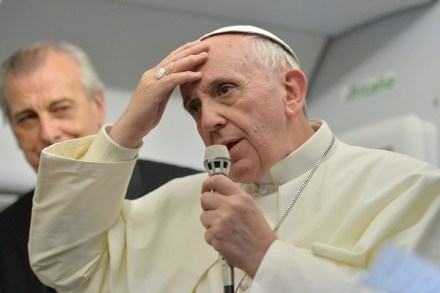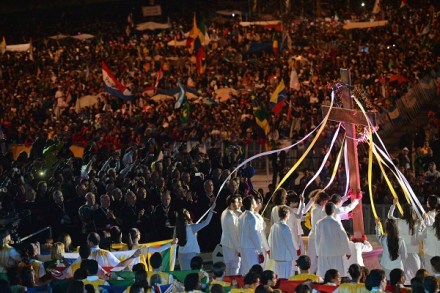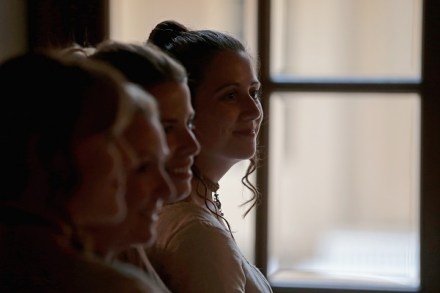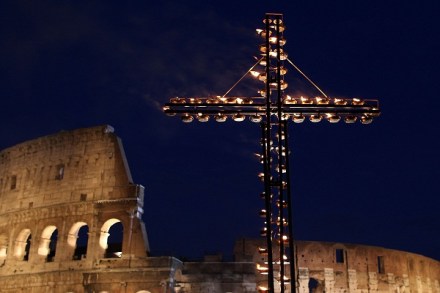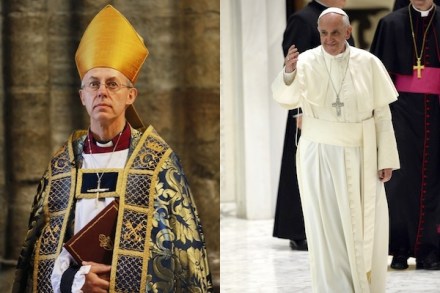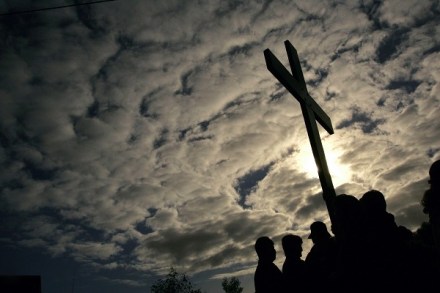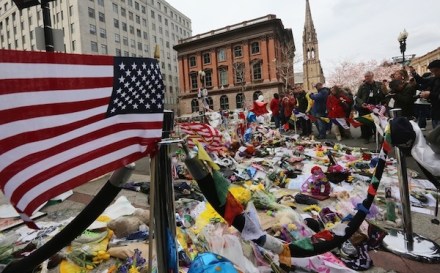Independence would not change single ideology Scotland
There is probably no other country in the democratic West where the state oversees economic activity and regulates private life as thoroughly as in Scotland. So it has come as little surprise to learn of the latest plans of the government led by Alex Salmond. By next year, he hopes that every child will have a guardian with the legal authority to ensure that they are raised in a manner prescribed by the state. Alarm has been expressed that a government with no obvious answers for Scotland’s problems of de-industrialisation is compensating for its impotence by micro-managing the family in such a glaring way. At least the ruling Scottish National




